Having secured the support of the British government for the creation of a Jewish state in Palestine, on May 14, 1948, as soon as the British Mandate expired, Israeli forces declared the establishment of the State of Israel, triggering the first Arab-Israeli war. Later on, they expelled at least 750,000 Palestinians from their homes and lands and captured 78 percent of historic Palestine. The remaining 22 percent was divided into what are now the West Bank and the Gaza Strip. (source: https://www.aljazeera.com/). Jordanian Darin J. Salam, in her debut feature, begins her story a bit before the particular events, inspired by the real-life story of a young girl who experienced them in a rather unique, but quite dramatic way.
“Farha” is screening at Skip City International D-Cinema Festival

The story begins in 1948, where 14-year-old Farha is living in a small village along with her father, the local mayor, studying the Quran with a local teacher. Her environment, including her father, is pressuring her to get married, just like the rest of the girls in the area, but she just wants to go to the city and receive higher education. Her stubbornness, as her father frequently comments, eventually leads him into granting her request, but just before she is about to leave, the Israeli forces invade the area. Farha is supposed to leave with some family friends, but when she sees that her father is staying behind, she decides to stay also. To protect her, he locks her in a cellar in the house, where she witnesses a number of shocking events from. Much time passes, but her father, who was supposed to come get her, does not seem to return.
Darin J. Salam directs a film that is distinctly split in two parts, with Farha's locking functioning as the dichotomy. In the first part, we watch a society living in harmony and general happiness, even if the threat of war and the prejudice against women are still lurking around. That Farha actually manages to make a decision for her life for herself in the end highlights this aspect, while also presenting her father as a kind, progressive man, who is not afraid to go against the norms in order to make his daughter happy.
These aspects and the contentment Farha feels, in a rather eloquent performance by Karam Taher, whose every thought and sentiment is mirrored excellently in her expressive face, also make the events that follow more shattering, stressing the crashing of dreams the Israeli invasion brought, among other maladies. After this point, the film turns into a kind of a thriller, with Farha's effort to survive locked in a cellar combined with her peeking from the gaps of a series of rather shattering events, cementing this approach in the most horrific, but also realistic fashion. Particularly the moment where she gets so close to be saved, but a series of events that lead to the baby incident prevent her, highlight this duality in the most shocking fashion.
In general, the voyeuristic approach is quite intense throughout the movie, with DP Rachel Aoun implementing it in the most organic, but also occasionally impressive fashion through Farha's gaze, with the “trick” actually beginning much before her locking in. Pierre Laurent's editing implements a very fitting pace, but the truth is that the isolation part, where Farha is alone, takes a bit more time than it should, ending up a bit tiresome after a fashion, at least until other people start showing up.
Lastly, it should also be noted that the fact that the solution comes when the girl decides to use a gun, could be perceived as a metaphor on how Palaistinians, including women and children, were actually forced to take up weapons to save their lives.
“Farha” is a very interesting film that highlights the Palaistinian trauma through a rather intriguing episode, and a movie that, despite its faults, emerges as quite important.


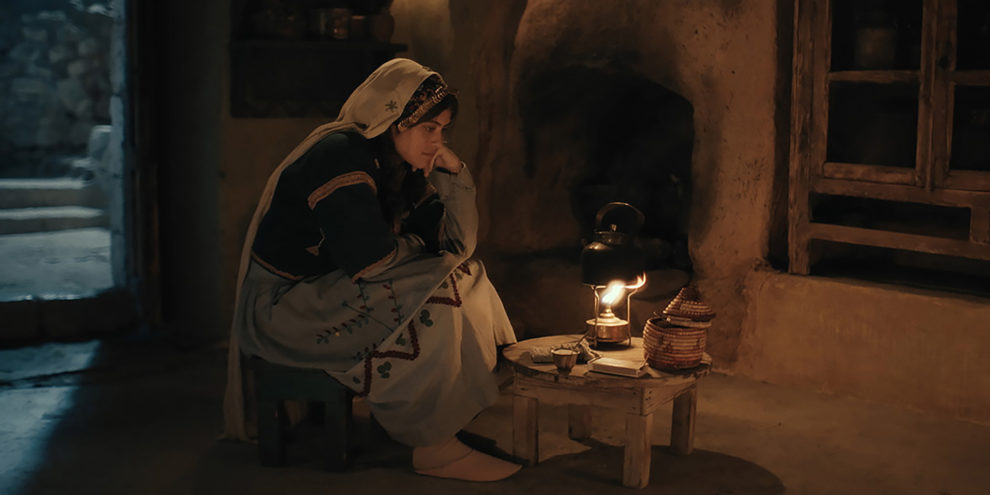

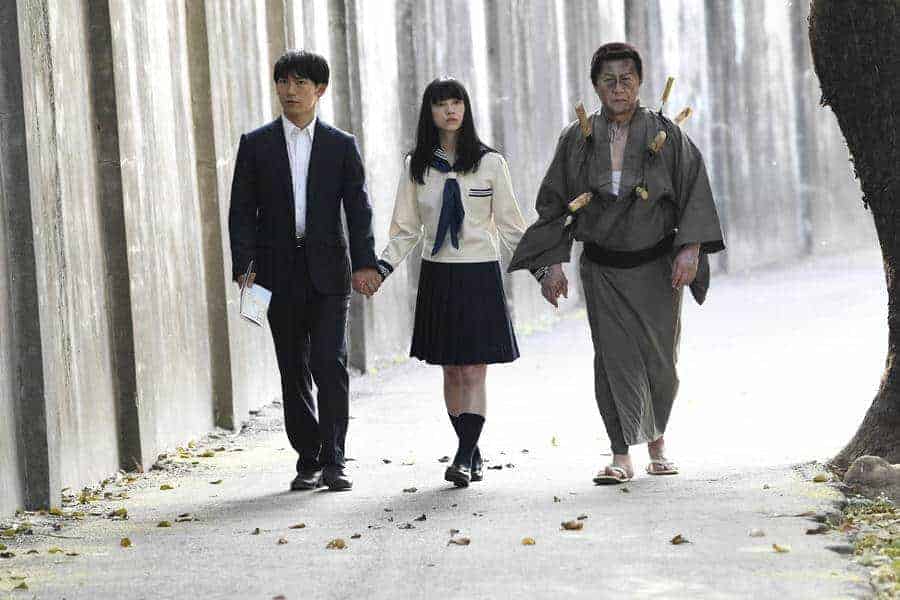
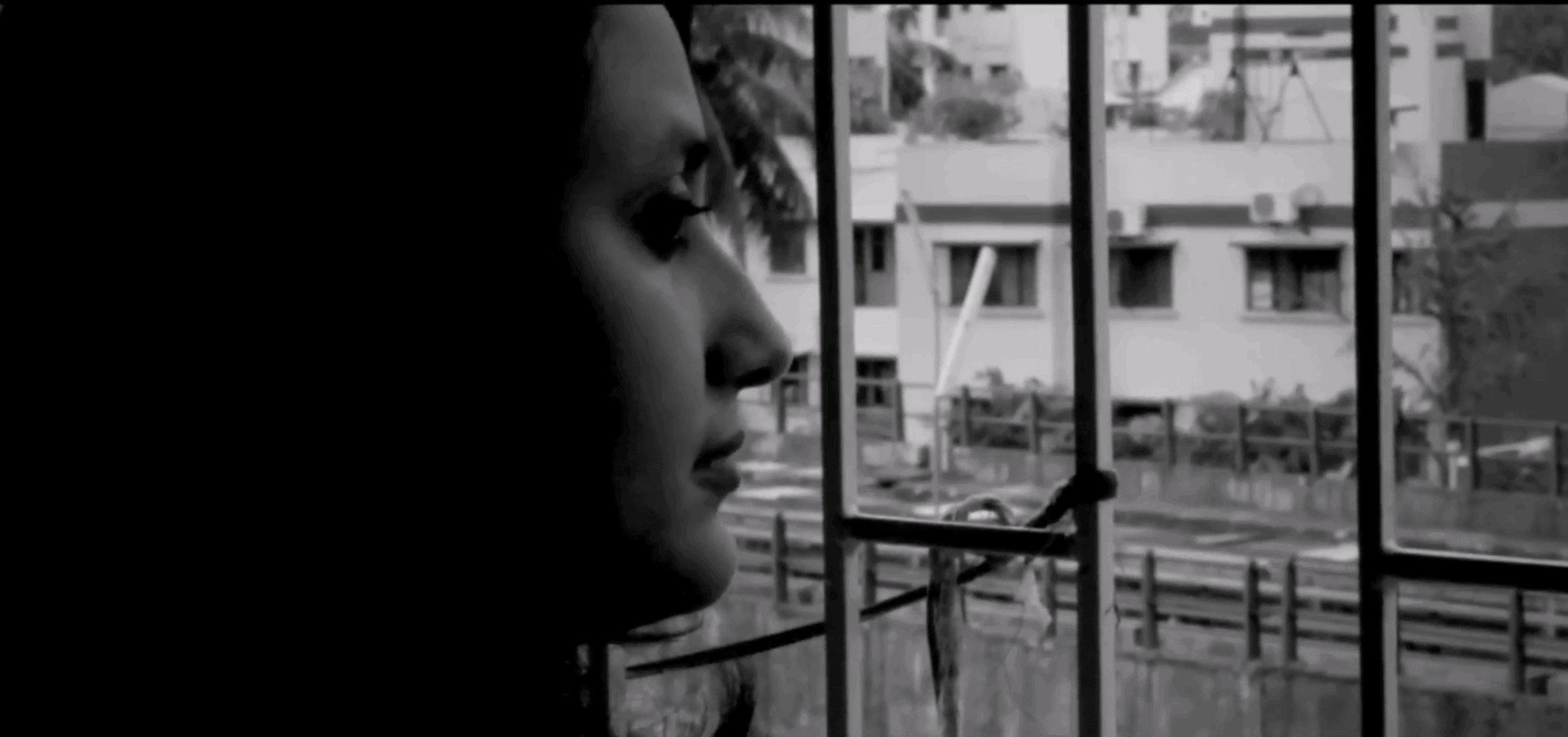

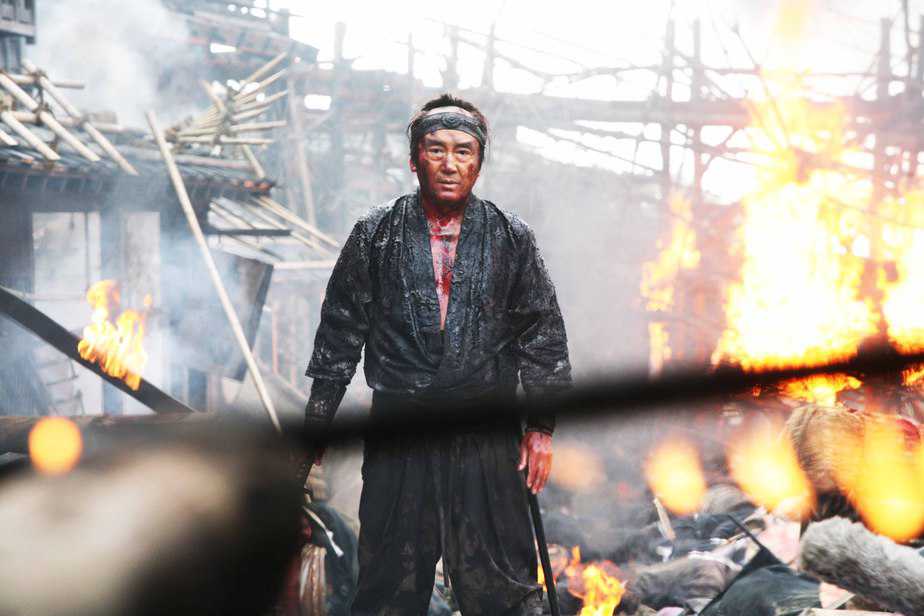
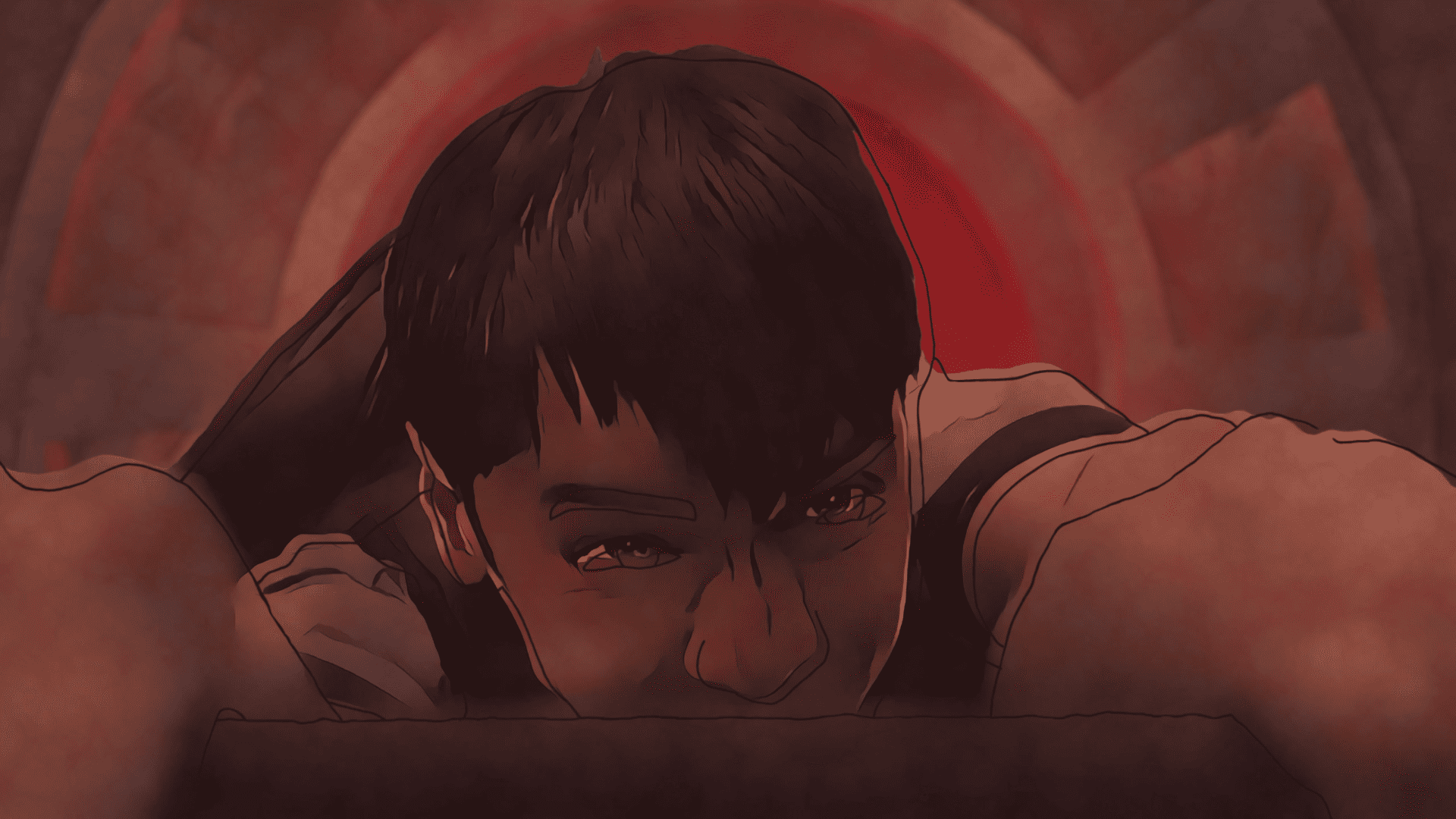
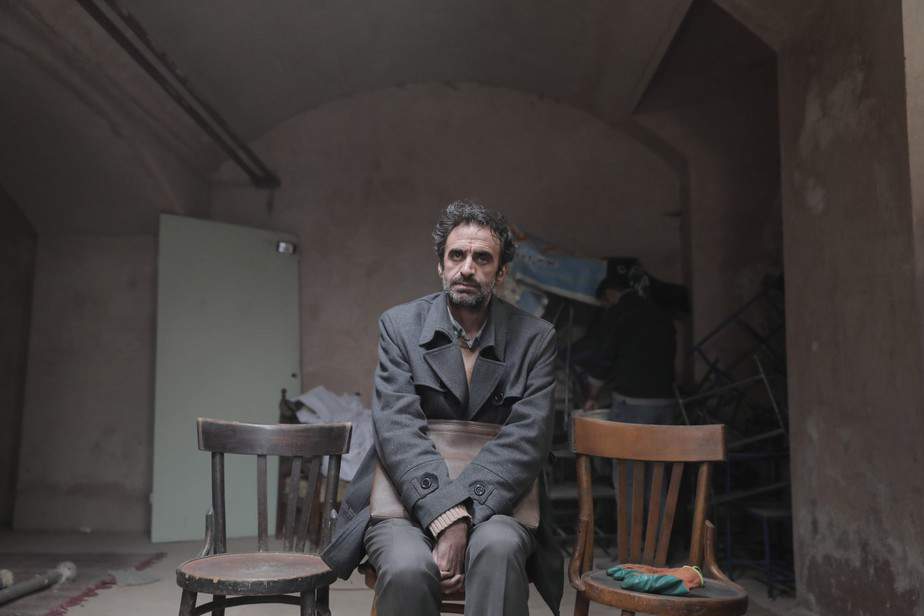







Best Truth Movie